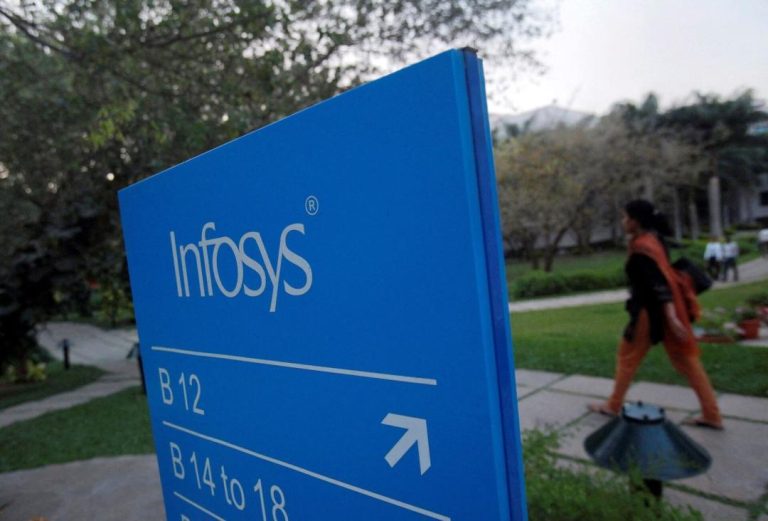
AI may reduce the need for middle managers at workplace: Study
The advent of artificial intelligence (AI) has brought about significant changes in various aspects of our lives, including the way we work. As AI continues to evolve, it is not surprising that it is having a profound impact on the world of business, particularly on the role of middle managers. A recent study conducted by Harvard Business School has shed light on the impact of generative AI on the work of middle managers, and the findings are quite fascinating.
The study, which was published in the Harvard Business Review, suggests that AI may reduce the need for middle managers in the workplace. This is not to say that companies will eliminate middle managers altogether, but rather that AI will enable firms to reduce the number of people in these roles.
So, what exactly does this mean for middle managers and the organizations they work for? In this blog post, we will take a closer look at the study’s findings and what they mean for the future of work.
The role of middle managers
Before we dive into the study’s findings, it’s essential to understand the role of middle managers. Middle managers are the individuals who oversee and coordinate the work of other employees, often reporting to senior leaders and directors. Their primary responsibilities include:
- Coordinating and supervising workers
- Setting goals and targets for teams
- Monitoring performance and providing feedback
- Identifying and addressing employee issues
Middle managers are often seen as the “glue” that holds an organization together, as they bridge the gap between senior leadership and frontline employees.
The impact of AI on middle managers
The Harvard Business School study, which analyzed data from over 1,000 middle managers across various industries, found that AI is having a significant impact on their work. Specifically, the study found that AI is reducing the time middle managers spend on certain tasks, such as:
- Coordinating and supervising workers (down by 22%)
- Setting goals and targets for teams (down by 18%)
- Monitoring performance and providing feedback (down by 15%)
This is because AI systems are capable of automating many of the tasks that were previously handled by middle managers. For example, AI-powered tools can:
- Analyze data and provide insights to help managers make informed decisions
- Automate routine tasks, such as scheduling and time-off requests
- Identify and address employee issues, such as absenteeism and performance issues
The benefits of AI for middle managers
While the study’s findings may seem daunting for middle managers, the benefits of AI are undeniable. By automating certain tasks, AI can free up middle managers to focus on more strategic and high-value activities, such as:
- Developing and implementing new strategies
- Building relationships with employees and stakeholders
- Identifying and capitalizing on new opportunities
Moreover, AI can help middle managers to become more effective and efficient in their roles. For example, AI-powered tools can help managers to:
- Identify and address biases in their decision-making
- Develop more accurate and data-driven performance metrics
- Improve communication and collaboration with team members
The future of work for middle managers
So, what does the future hold for middle managers in the age of AI? While the study does not suggest that companies will eliminate middle managers altogether, it does indicate that the role of middle managers will evolve significantly.
In the future, middle managers will need to be adept at working with AI systems and leveraging their capabilities to improve their work. This may involve developing new skills, such as data analysis and programming, as well as being able to adapt to changing circumstances and priorities.
Moreover, middle managers will need to be able to communicate effectively with employees and stakeholders, building trust and confidence in the organization’s use of AI. This will require strong interpersonal and communication skills, as well as the ability to empathize with employees who may be impacted by changes brought about by AI.
Conclusion
The Harvard Business School study highlights the significant impact that AI is having on the work of middle managers. While it’s true that AI may reduce the need for some middle managers, it also presents opportunities for middle managers to become more effective and efficient in their roles.
As AI continues to evolve and become more pervasive in the workplace, it’s essential that middle managers are prepared to adapt and evolve alongside it. By developing new skills and leveraging the capabilities of AI, middle managers can thrive in an increasingly automated work environment.
Source:
https://hbr.org/2025/07/how-ai-is-redefining-managerial-roles






